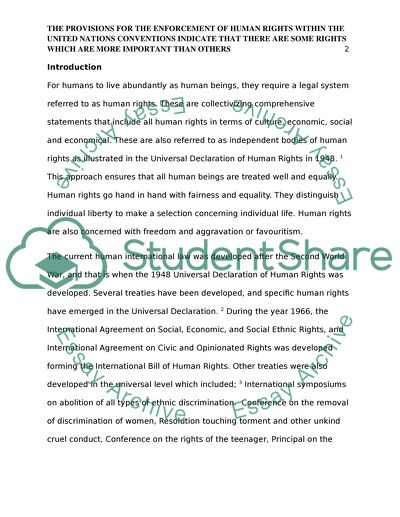Cite this document
(“The Provisions for the Enforcement of Human Rights within the United Essay”, n.d.)
The Provisions for the Enforcement of Human Rights within the United Essay. Retrieved from https://studentshare.org/law/1444909-ychthe-provisions-for-the-enforcement-of-human
The Provisions for the Enforcement of Human Rights within the United Essay. Retrieved from https://studentshare.org/law/1444909-ychthe-provisions-for-the-enforcement-of-human
(The Provisions for the Enforcement of Human Rights Within the United Essay)
The Provisions for the Enforcement of Human Rights Within the United Essay. https://studentshare.org/law/1444909-ychthe-provisions-for-the-enforcement-of-human.
The Provisions for the Enforcement of Human Rights Within the United Essay. https://studentshare.org/law/1444909-ychthe-provisions-for-the-enforcement-of-human.
“The Provisions for the Enforcement of Human Rights Within the United Essay”, n.d. https://studentshare.org/law/1444909-ychthe-provisions-for-the-enforcement-of-human.


